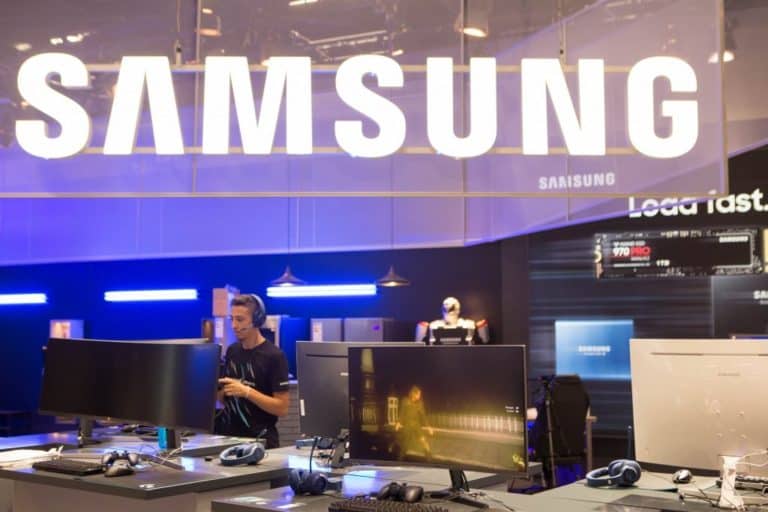Samsung is investing 116 billion dollars in the development of semiconductor chips over the next ten years. With this, the company wants to compete with Intel and Qualcomm. The investment is divided into research and production infrastructure.
As part of the now extensive investments, the company is also going to hire more R&D employees, writes IT Pro. This will create an additional 15,000 jobs in the research and production teams. “The investment plan is expected to help the company achieve its goal of becoming the world leader in not only memory chips, but also in logic chips by 2030,” said Samsung in a statement.
Samsung is already a leader in the development of memory chips. These chipsets are used in various devices, such as smartphones, laptops, desktops and servers. The company also has its own processors in the Galaxy series. But the processor market is still mainly led by Intel and Qualcomm, as they make chips for other companies.
Yoo Jong-woo, analyst at Korea Investment & Securities, confronts Bloomberg with the fact that Samsung rarely publishes such long-term plans. “It’s a testament to Samsung’s dedication to the chip business, which includes not only Intel but also a variety of chipmakers.”
Decreasing demand
Samsung is best known for its hardware, including smartphones. However, the company saw three quarters of its operational income from the sale of chipsets in 2018. However, the future for chip manufacturers seems uncertain in the coming years, as demand from tech giants like Amazon and Apple decreases. As a result, the price of such components has fallen significantly.
Ahn Ki-hyun, director at Korea Semiconductor Industry Association, tells Bloomberg that Samsung’s main goal is probably to compete with TSMC and chip manufacturer Qualcomm. According to Ki-hyun, dethroning Intel as the leading manufacturer of microprocessors is still virtually impossible.
This news article was automatically translated from Dutch to give Techzine.eu a head start. All news articles after September 1, 2019 are written in native English and NOT translated. All our background stories are written in native English as well. For more information read our launch article.